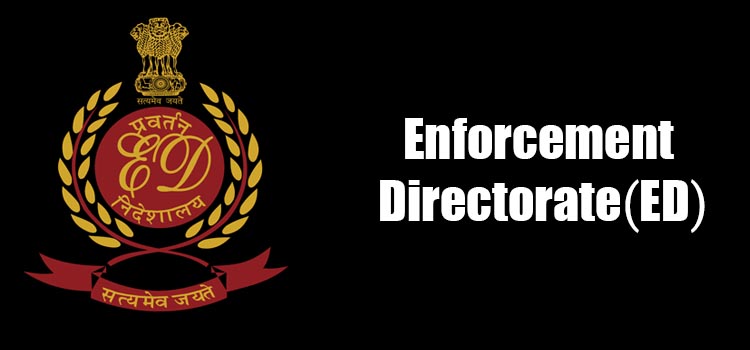Police Laws Lawyers
Police Laws
Certain Questions on Police Laws.
i.What is Police Law?
ii.What is the Usefulness of Police Law?
iii.Where to Complain?
We have a police force to provide citizens with a sense of safety and security. The police are there to maintain peace and order in society as well as prevent and detect crime. They are there as the law enforcers – to make sure that everyone, including the police force itself, follows the law at every step.
What Is Police Law?
Police Laws are the Laws dealing with regulation and code of Conduct of Law Enforcement Officials. Many of these Laws deal with Issues such as the use of excessive force by police Officers, Police Misconduct, giving suspects their Miranda rights, Corruption, Interrogation Practices and Police Brutality.
Why Police Law?
The Police Act of 1861 governs the police force. Laws like The Code of Criminal Procedure also regulate the functioning of Police.
The police for certain types of offences does not have the power to make arrests without a due warrant. As per the guidelines currently in effect, police cannot arrest a woman after sunset and before sunrise even in the presence of a woman constable. In cases where a woman has committed a serious crime, police need to get in writing from the magistrate the explanation as to why such an arrest made after sunset & before sunrise is necessary(arrest made under unavoidable circumstances are exempted). Also, Police cannot compel a woman to come to the police station for purposes of interrogation under Section 160 of the Criminal Procedure Code if the police has the option of carrying out the concerned interrogation at place of her residence, such interrogation should take place in the presence of a woman constable and a relative/ friend.
Why is Police Law Useful?
The Police Act basically talks about what the police can and cannot do; how the police forces will be organised; what ranks there will be; who will supervise the force; who will make appointments; what punishment and disciplinary actions the police will face for doing wrong. It also lays down rules for the public to follow.
A police officer is always on duty. The 1861 Police Act makes it clear that a police officer is 'considered to be always on duty'. But that does not mean that he is never allowed to rest. It just means that wherever he is, in or out of uniform, he must act to uphold the law. He cannot say 'I am not on duty' if he witnesses a crime taking place or hears a call for help.
Search Result : Expert For police laws Lawyers
Consult Expert For police laws Lawyers in India
Advocate Anik











